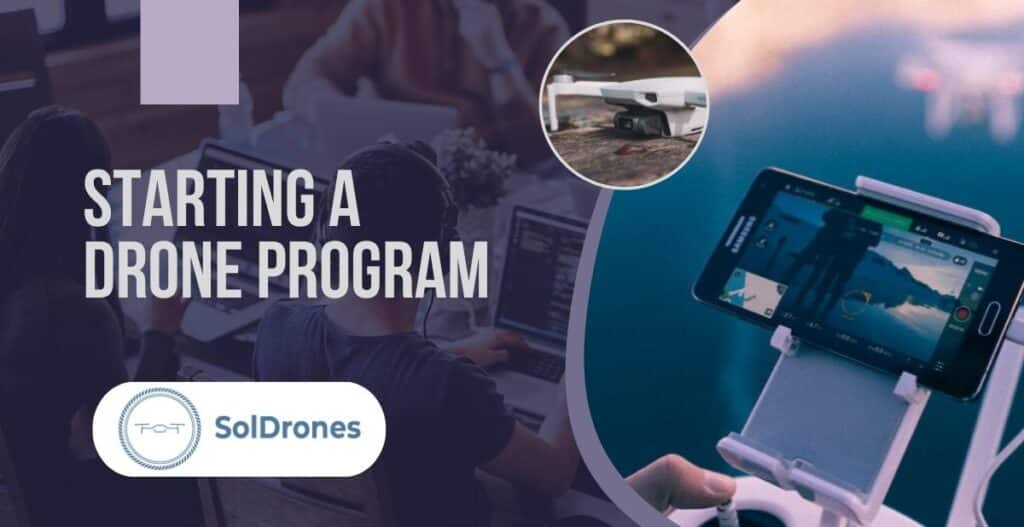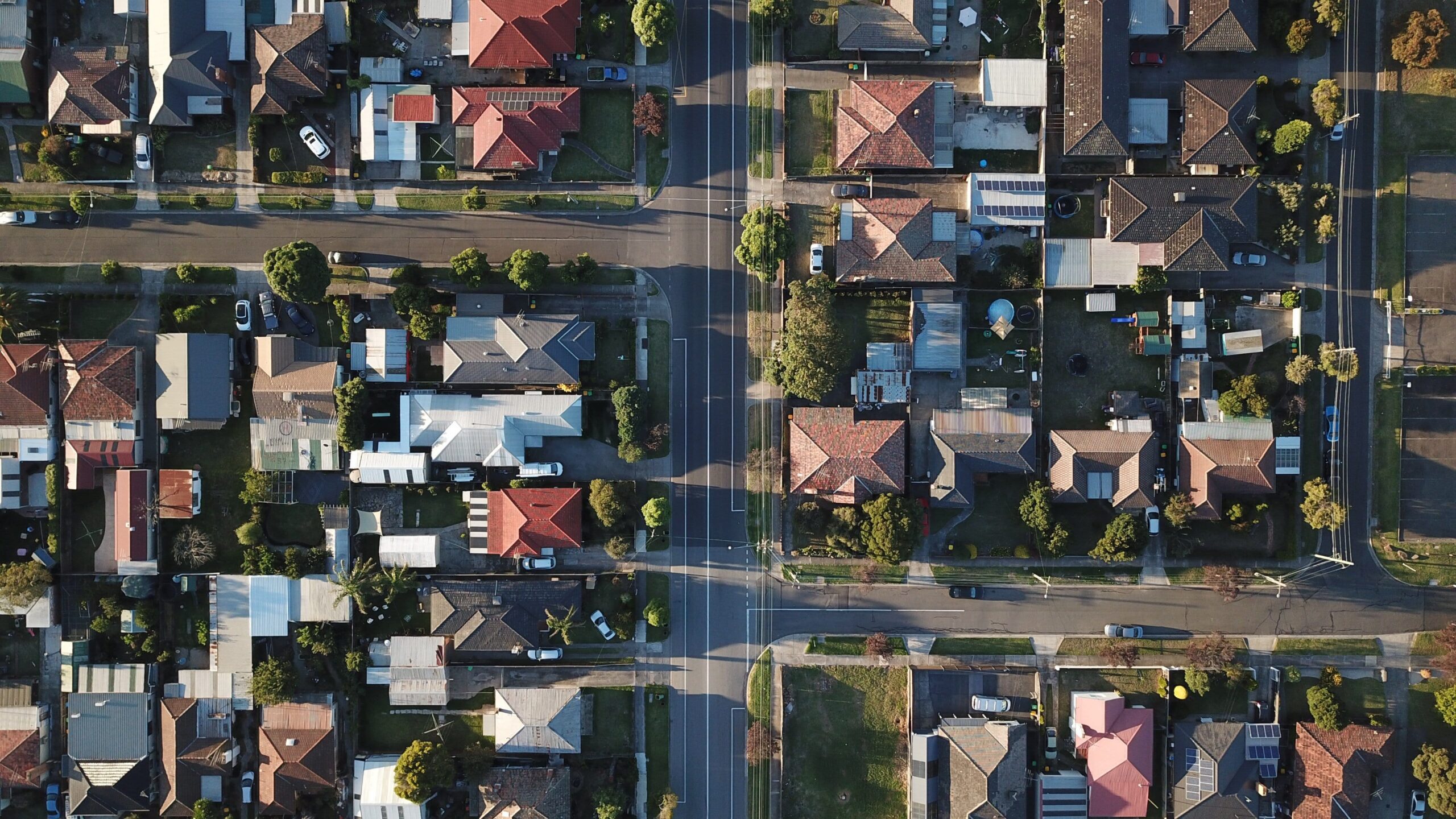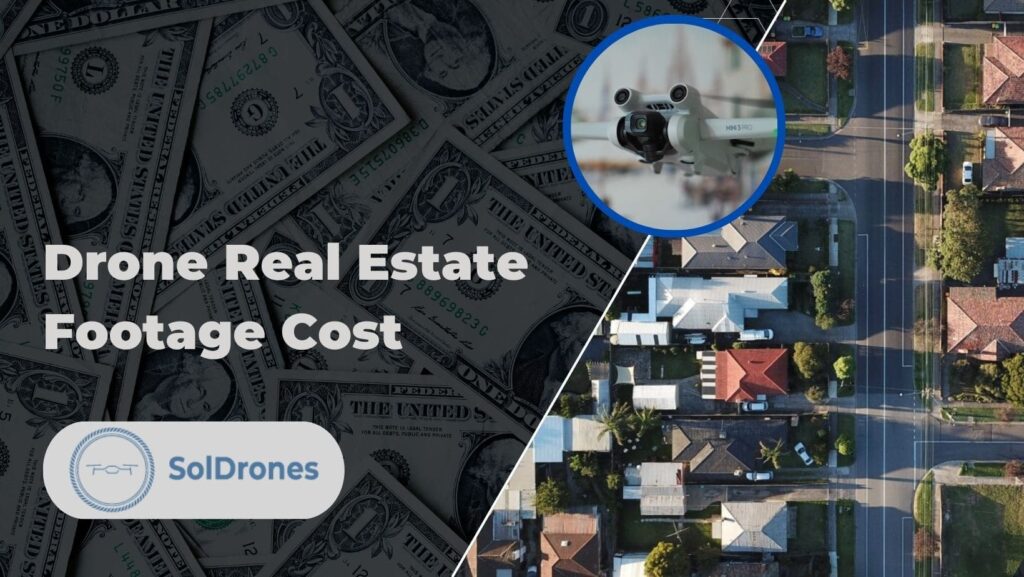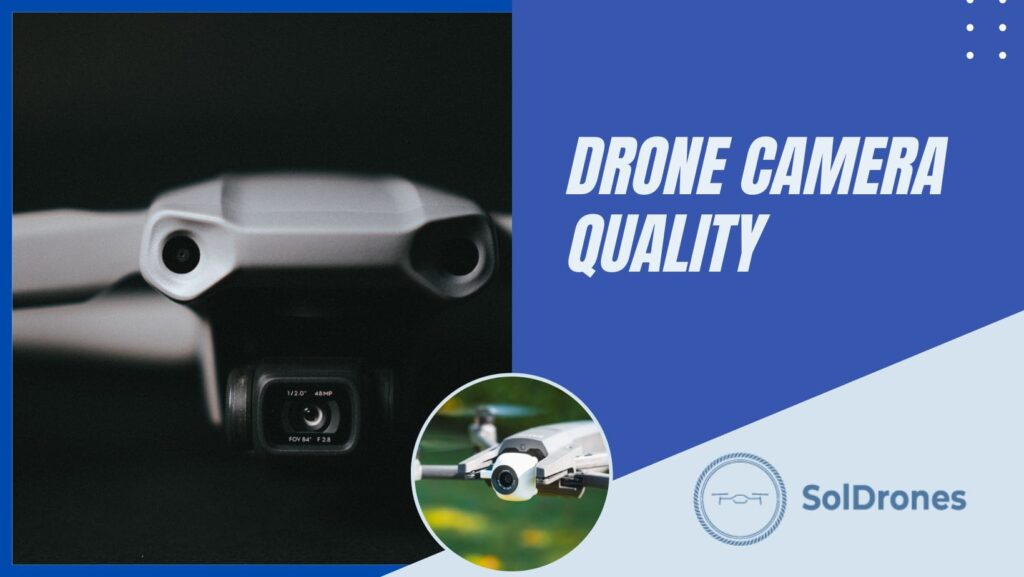Unmanned aerial vehicles, better known as drones, are rapidly transforming the way businesses operate. From aerial photography to delivery services to agriculture crop spraying, drones are emerging throughout many industries around the globe.
But where do you start in creating your own drone program? And, can you actually make money with your drone?
In this article, we’ll unpack the complexities of how to start a drone program and will give you the blueprint to creating a successful drone business with profits that can scale.
Article Highlights:
- Drone programs are easier to start that most pilots are aware of
- Some independent drone pilots earn over six figures per year
- The success of most drone depends on a pilots ability to structure their business and market their services
What is a Drone Program?
Depending on your use case, you may define a drone program differently than others throughout the industry.
A few common definitions of drone programs include:
- A division within a company, such as a media advertising agency, that uses drones for videography and photography
- Aerial drone surveying for construction, waste management, mining, or other industries
- A city police department incorporating UAVs for airport support to ensure safety throughout the community
- An independent contractor starting a drone business program to earn a living
For the scope of this article, we’ll primarily focus on commercial drone business programs and drone programs building within businesses.
Drone Business Program Examples
A commercial drone business program is a program that utilizes unmanned aerial vehicles (UAVs), commonly known as drones, for various commercial purposes such as photography, videography, inspection surveying, and more. Companies and individuals typically start drone programs to take advantage of the capabilities of drones for their business operations, alleviating the need for previous services.
For example, real estate drone programs are becoming more and more common for real estate agents tasked with capturing aerial photography of properties or even in-house tours.
Another example of a drone program would be a media agency that’s using drones to capture content for commercials, movies, and video content. Drones provide a unique perspective for capturing aerial footage, allowing media agencies to create visually stunning and impactful content for their clients. For commercials, drones can be used to capture aerial shots of landscapes, cities, and specific locations, providing a bird’s eye view of the subject matter. In fact, many modern-day movies are taking advantage of drones to capture breathtaking aerial and landscape drone photography and videography shots to enrich scenes for the viewer.
Delivery services are also utilizing drones to increase efficiency and speed of deliveries, such as the example of Amazon’s new drone delivery service.
Even in the farming and agricultural sector, drones have emerged for the purpose of crop monitoring, soil analysis, irrigation management, and more
More and more businesses are beginning to realize that drones offer significant benefits and relatively low startup costs. Increased efficiency, improved safety, and better photography/videography are a few of the key benefits of drone programs.
However, before you start your drone program, it is important to thoroughly understand the regulations and guidelines set forth by government agencies, such as the Federal Aviation Administration (FAA) in the United States, to ensure the safe and responsible operation of drones.
Legal Requirements of Drone Programs
The FAA has regulations for all commercial pilots seeking to fly drones in the United States. If you’re abroad, there are other country-specific regulations you need to also be aware of. It’s in your best interest to work with the FAA’s guidelines, rather than against them. Failure to comply can result in hefty fines and restrictions.
A few legal requirements to keep in mind include:
- Certifications: Make sure you’ve passed the Part 107 exam and are certified as a remote pilot. The FAA has strict requirements for flying drones commercially and operating as a certified drone pilot.
- FAA Registration and Insurance: Register your drone with the FAA and look into drone insurance so you’re covered from a liability
- Flying in Legal Airspace: Only fly in legal airspace. The best resource in the U.S. to determine authorized airspace is the B4UFLY app, which is an FAA-partnered app that allows drone pilots to access an interactive map that identifies airspace classes.
- Operation Restrictions: Abide by all operating restrictions such as flying below 400 feet, maintaining a visual line-of-site on your drone at all times, and in some circumstances, not flying over people or flying at night.
In essence, if you’re entering the drone industry and are going to start a drone program, you must ensure you abide by the laws set for by the FAA in the United States and other aviation administrations in other countries.
Why Start a Drone Program Business?
Drones have changed the way we see the world and industries are rapidly evolving and in some cases, are becoming dependent on them. If a media agency does not have a large enough budget to rent out a helicopter for thousands of dollars, a drone is a fast, cheap, and easy alternative to capture similar – if not better – content from an aerial point of view.
There are several key reasons why you should consider starting a drone program:
- Cost-effective aerial photography and videography: lower your operating expense while still capturing high-quality aerial footage (no more need to rent a helicopter).
- Increased efficiency: easily take on tasks that would otherwise be difficult, dangerous, or time-consuming to perform using traditional methods, such as infrastructure inspections or aerial surveys.
- New business opportunities: Find new business opportunities and expand the offerings of your business. For example, a photography freelancer that picks up drone photography can now offer aerial footage as an add-on.
- Improved safety: Drones can be used for tasks that are hazardous to perform using traditional methods, such as inspecting power lines or inspecting the interior of industrial facilities.
What Separates Good Drone Programs from the Rest
The fact is, not all drone programs succeed. Most businesses fail to ever become profitable, and the last thing you want is to let your business fail when paths to success were readily available. Embracing the right business tactics will help you separate your own drone business from others alike that are not successful.
In most cases, successful drone programs and drone operators embrace the following differentiating factors:
- Experience: As with many professions, experience is a key factor in determining a commercial drone pilot’s earning potential. Pilots with more flight hours and a wider range of experience are in higher demand and can charge clients higher service rates.
- Industry: The industry in which a commercial drone pilot works can have a significant impact on their earning potential. For example, pilots who specialize in real estate photography and videography are likely to earn more than those who primarily fly drones for industrial inspections.
- Location: Where you’re located matters as a commercial drone pilot. Larger cities and metropolitan areas come with higher demand for drone services and tend to earn more than those in rural areas.
- Reputation and Network: Often overlooked, the communities of which you’re a part play a critical role in being able to find clients and gain referrals as a drone pilot. Pilots with a strong reputation for quality work and a wide professional network are more likely to receive higher-paying job offers.
- Drone Technology: the type of equipment and drone technology your business uses can make or break your program. Pilots who operate larger, more complex drones tend to earn more than those who fly smaller consumer drones. Additionally, the gear and drone software you use for photo editing can reflect
Next Steps on Starting Your Drone Program
Wether you’re a solo drone entrepreneur or a corporate entity that’s needing aerial surveying and photography, starting a drone program can take time to set up. But with the proper process, resources, and commitment, you will without a doubt be able to create the perfect drone program that suits your needs. By following the guidelines we’ve outlined and making the time and resource investments, you’ll be ready to launch your drone program in no time! Good luck with your program endeavors and hope that you can continue to scale your drone business!






